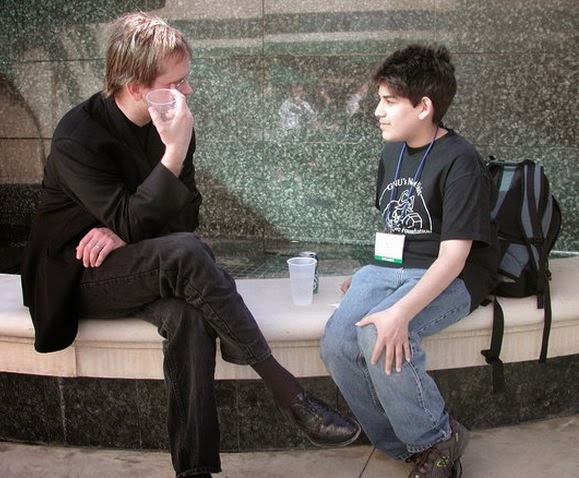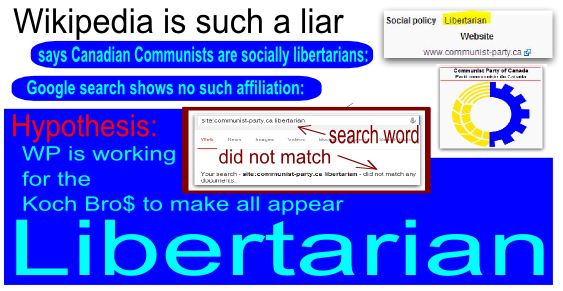Unfortunately from my perspective, Schwartz put himself on the oligarchic side of technology; he worked to help eliminate newlines for the forced paragraph format in word processing by helping MarkDown (see “typewriter lives” here), he was in support of internet control of the people (who are increasingly becoming proletariat) through app-centric architecture over liberating data-centric systems logic (thinman.com). He was highly-aligned with both Harvard (which supplies all our current oligarchs along w/ Yale), and MIT, which turn Schwartz into the Secret Service for "liberating" J-Store empricial information. He was so poorly aligned that he ultimately killed himself as a martyr to the very things he opposed. As J-Store is a storage for empirical data, I ask myself, how stupid can a person be? He wasn't stupid, he was seduced: Western Civilization's Socratic Method.
Seriously, this travesty is purely academic/oligarchic, and, as we see, empiricist – the very "think" that genuine constructivists are attempting to reverse. Progress is NOT what is needed; what we need is human, natural restoration, with the preservation, of course, of current benefits such as medical technologies.
Perhaps Schwartz was so well (behaviorally) rewarded for his early work as a teenager that he could never have known that he would kill himself as a socratic puppet attempting to help preserve Western Civilization by fixing it by freeing its empiricist documents from J-Store. His deception lives on with Rep. Zoe Lofgren whose bill called Aaron’s Law was framed with Harvard's chief ethicist, Lawrence Lessig, who together with Lofgren, continue the deception as world-class dialecticians with Schwartz's family by attempting to push the blame on to law-bound prosecutors!
 |
Purely socratic, non-platonic Harvard chief ethicist:
Lessig''s non-verbal communication says it all as he
seduces young Aaron Schwartz at a computer expo |
Socrates at it again: I feel safe in hypothesizing that what we see in this picture is evidence of a highly-unethical platonic relationship between Lessig and Aaron Schwartz that led to Schwartz’s becoming an information criminal and ultimately his suicide when Schwartz found himself unprepared to handle the pressures of the federal prosecution he brought upon himself.

